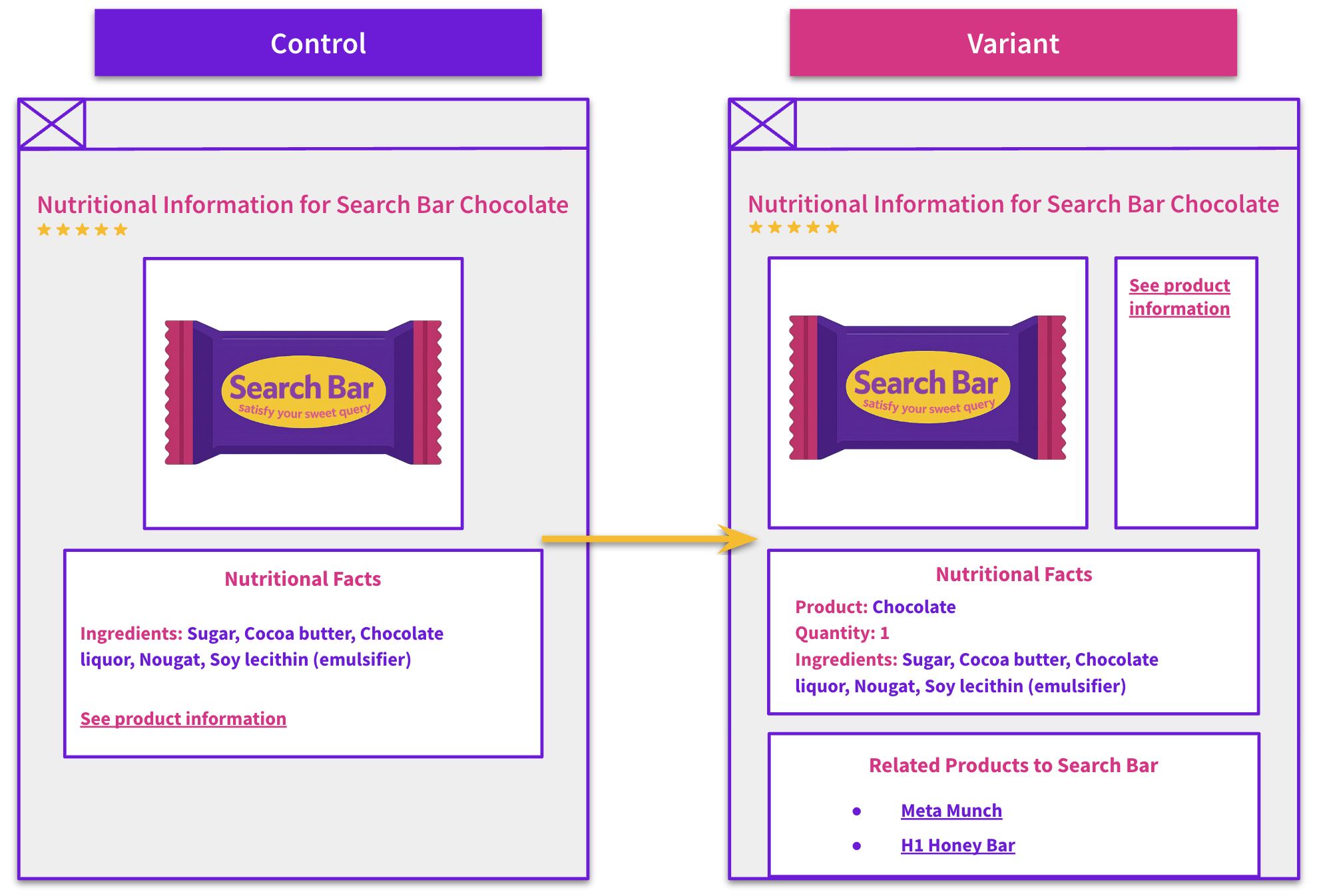Start here: how our SEO split tests work
If you aren't familiar with the fundamentals of how we run controlled SEO experiments that form the basis of all our case studies, then you might find it useful to start by reading the explanation at the end of this article before digesting the details of the case study below. If you'd like to get a new case study by email every two weeks, just enter your email address here.
In this week's #SPQuiz, we asked our followers whether they believe JSON–LD is still better in 2024 than Microdata.
Here’s what they thought:
Poll Results:
Poll results on X/Twitter and LinkedIn showed that most voters still believe JSON–LD is the better option than Microdata regarding markup.
We’ve talked a lot about structured data in the past and have run numerous SEO tests across the evolving landscape of Google’s Search Engine Results Page (SERP) features. Given the crucial role in improving search engine visibility and enhancing rich results, structured data is primarily implemented in one of two formats: JSON–LD or Microdata.
JSON–LD and Microdata: What Are They?
JSON–LD (JavaScript Object Notation for Linked Data) exists within its own <script> tag, separating it from the page's visible content, whereas Microdata is directly embedded inline with the HTML.

Although Google now recommends JSON–LD as an easier to maintain format, in 2016 it didn’t universally support JSON–LD for all markup-powered features. At the time, Google still recommended microdata for breadcrumbs and several rich snippets. As a result, many websites still use Microdata, so it’s common for developers to plan to move to JSON–LD as they modernize their websites.
Since structured data is a significant driver of organic traffic, many SEOs are cautious when developers propose changing to the more modern JSON–LD format for their websites. For this reason, we first tested replacing Microdata with JSON–LD in 2020 and found no detectable impact.
Despite this, the question still comes up frequently. JSON–LD is typically the format of choice because it’s easier to implement and more flexible, especially when dealing with JavaScript-heavy websites with nested or dynamic data. While ease of implementation is a key consideration, Google has never indicated whether there was any more tangible benefit to one format or the other in terms of search visibility.
Which Format Is Better?
Since the original test we wrote about in 2020, our customers have run hundreds of Microdata and JSON-LD Schema tests. In that time we have never detected a measurable SEO traffic impact when changing from one format over the other, regardless of schema type, website size, or industry.
While Google recommends JSON–LD, we have found no evidence that translates to notable gains in organic traffic. That means if you need a business case to convince developers to switch from outdated Microdata, unless Google stops supporting it, you’re better off depending on the other benefits JSON–LD offers.
The good news is that if you can’t make the case to switch, your Microdata likely won’t cause harm from an SEO standpoint. However, there are other reasons JSON-LD may be preferred:
- If your desktop and mobile views have different HTML (e.g. if the website is dynamically served), ensuring that the same microdata markup appears on both versions of the page is more difficult. It is important to ensure that all devices’ versions of a page have the same markup, especially now that mobile-first indexing is universal. This is much easier to do with JSON-LD, which exists in the head of the page.
- It can be easier to nest items within JSON-LD markup, without having to consider or change the existing HTML structure of the page.
- Websites that rely on JavaScript to render pages (whether server-side or client-side) generally work better with JSON-LD, as the format is highly compatible with JavaScript objects.
- Speculatively, we could foresee a future where Microdata would be deprecated by major search engines. This is unlikely to happen any time soon, but JSON-LD is much more likely to be a future-proof format.
Although we always recommend testing any website changes that can potentially impact SEO – especially in areas critical to your business – if you're considering switching your structured data markup format, it’s pretty safe … assuming it’s implemented correctly!
Check out this great article we have when it comes to testing the impact of structured data markup: https://www.searchpilot.com/resources/case-studies/testing-schema-markup.
How our SEO split tests work
The most important thing to know is that our case studies are based on controlled experiments with control and variant pages:
- By detecting changes in performance of the variant pages compared to the control, we know that the measured effect was not caused by seasonality, sitewide changes, Google algorithm updates, competitor changes, or any other external impact.
- The statistical analysis compares the actual outcome to a forecast, and comes with a confidence interval so we know how certain we are the effect is real.
- We measure the impact on organic traffic in order to capture changes to rankings and/or changes to clickthrough rate (more here).
Read more about how SEO A/B testing works or get a demo of the SearchPilot platform.



